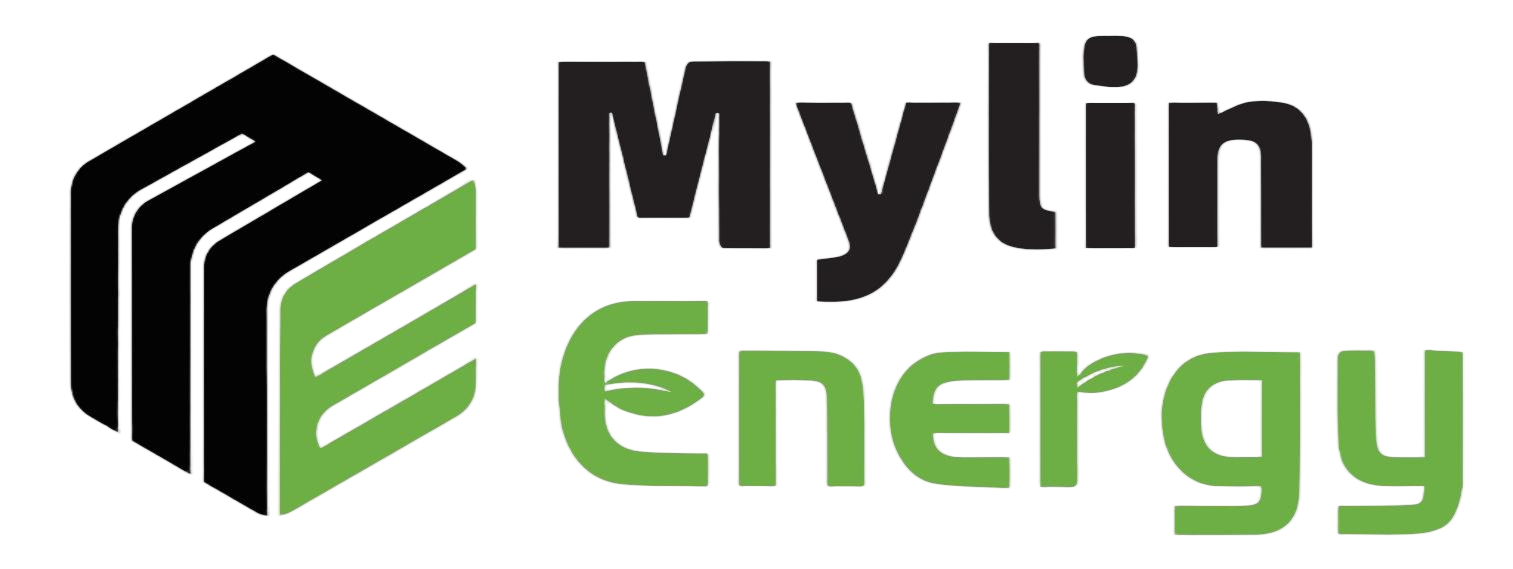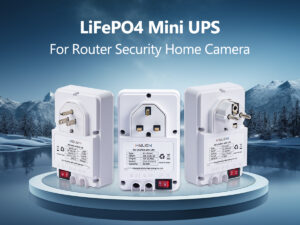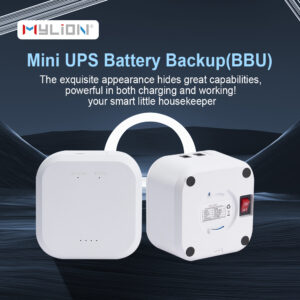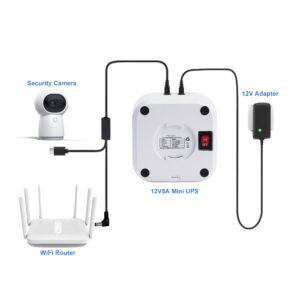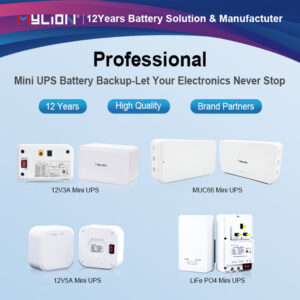As the world moves towards sustainable energy solutions, efficient energy storage has become a key factor in maximizing the potential of renewable energy sources such as solar and wind. Lithium batteries (lithium polymer batteries) have become a viable option for energy storage in renewable energy systems due to their high energy density, fast charging capabilities, and long life. This article explores how lithium batteries can be integrated with solar and wind energy systems, their advantages in energy storage, and their role in improving overall system efficiency and stability.
The role of lithium batteries in renewable energy systems
Renewable energy sources, such as solar and wind, are intermittent in nature. They generate electricity only when the sun is shining or the wind is blowing, so efficient energy storage is essential for a stable power supply. Lithium batteries are a key component of these systems, which can store excess energy and provide energy when demand exceeds generation.
1.Solar energy storage
In solar power generation systems, lithium batteries store electricity generated during the day and release it at night or when there is insufficient sunlight. Solar energy systems typically consist of the following components:
Solar panels: Convert sunlight into direct current (DC) electricity.
Charge controller: Regulates power flow to prevent overcharging of the battery.
Lithium batteries: Store and release energy as needed.
Inverter: Converts stored DC electricity into alternating current (AC) for home or industrial use.
By integrating lithium batteries, solar energy systems can provide uninterrupted power, reduce dependence on the grid and increase energy independence.
2.Wind energy storage
Wind turbines generate electricity based on wind speeds that fluctuate throughout the day. Lithium batteries help stabilize wind energy systems by storing excess energy during periods of high winds and providing energy when wind speeds are lower. The energy storage process in wind systems is similar to that in solar systems, ensuring continuous power delivery.
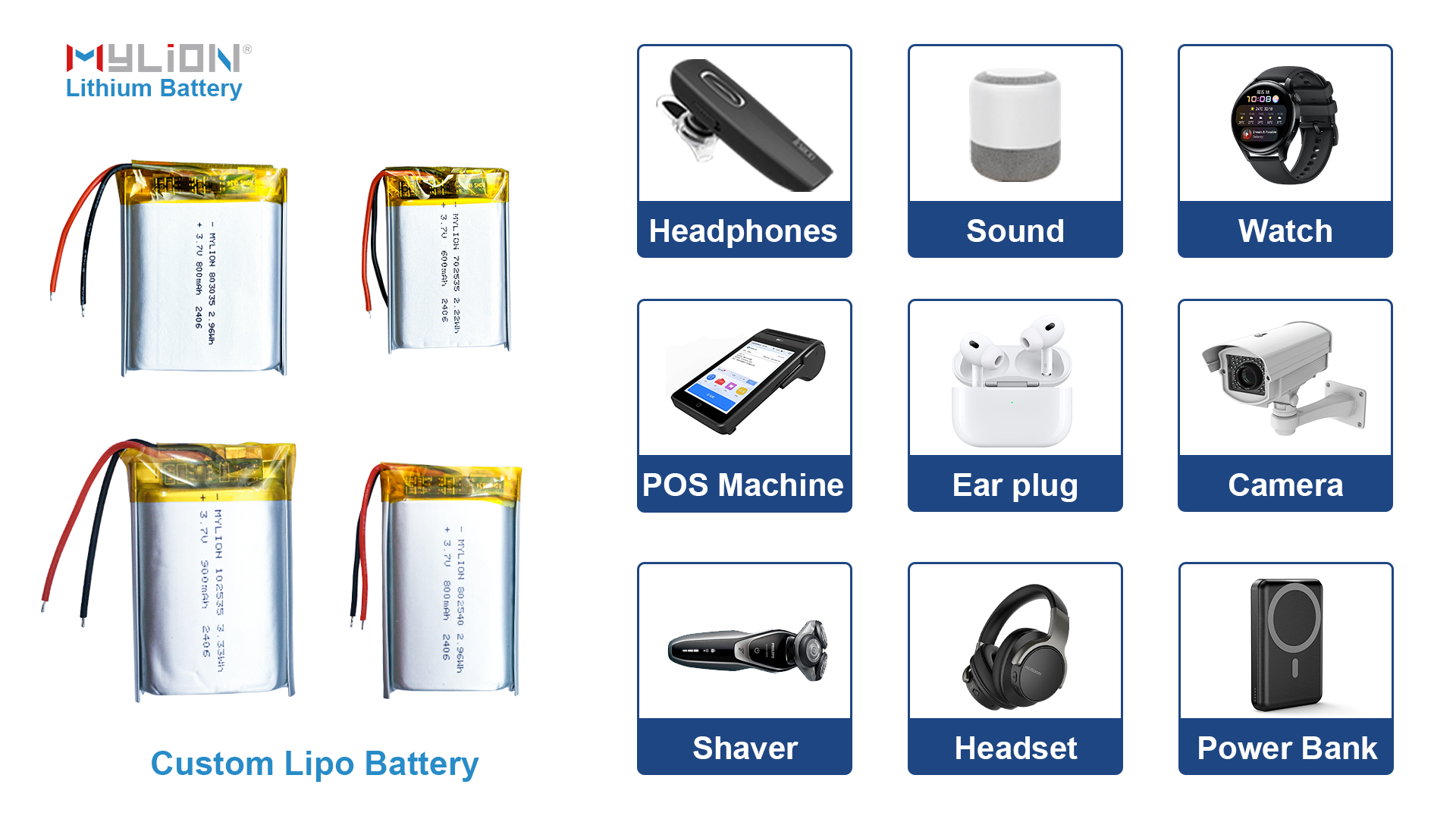
Advantages of lithium batteries in renewable energy storage
1.High energy density
One of the biggest advantages of lithium batteries is their high energy density, which means that it can store a large amount of energy in a compact space. This makes it an ideal solution for energy storage systems with limited space, such as residential solar power generation installations.
2.Fast charging and high efficiency
Unlike traditional lead-acid batteries, lithium batteries charge much faster. This fast charging capability ensures that renewable energy systems can effectively store electricity during peak power generation periods, thereby minimizing energy losses.
In addition, the charge/discharge efficiency of lithium batteries exceeds 95%, while the charge/discharge efficiency of lead-acid batteries is 70-85%. This high efficiency means that more of the renewable energy generated is effectively used.
3.Long cycle life and durability
A well-maintained lithium battery can last for 1,000 to 2,000 charges, which is significantly better than traditional lead-acid batteries (which typically last 300 to 500 charges). The extended service life reduces maintenance costs and the need for frequent replacement, making it a cost-effective solution for long-term energy storage.
4.Lightweight, compact design
Compared to other battery types, lithium batteries are lightweight and compact, making them easier to install in renewable energy systems, whether for home use or large-scale energy storage projects.
5.Stable voltage output
Renewable energy systems require stable voltage levels to operate effectively. Lithium batteries provide stable voltage output, ensuring that the stored energy can be used reliably without damaging connected devices.
6.Environmentally friendly
As the world moves towards green energy solutions, it is critical to consider the impact of energy storage systems on the environment. Lithium batteries do not contain toxic heavy metals such as lead and cadmium, making them a more sustainable alternative to traditional batteries
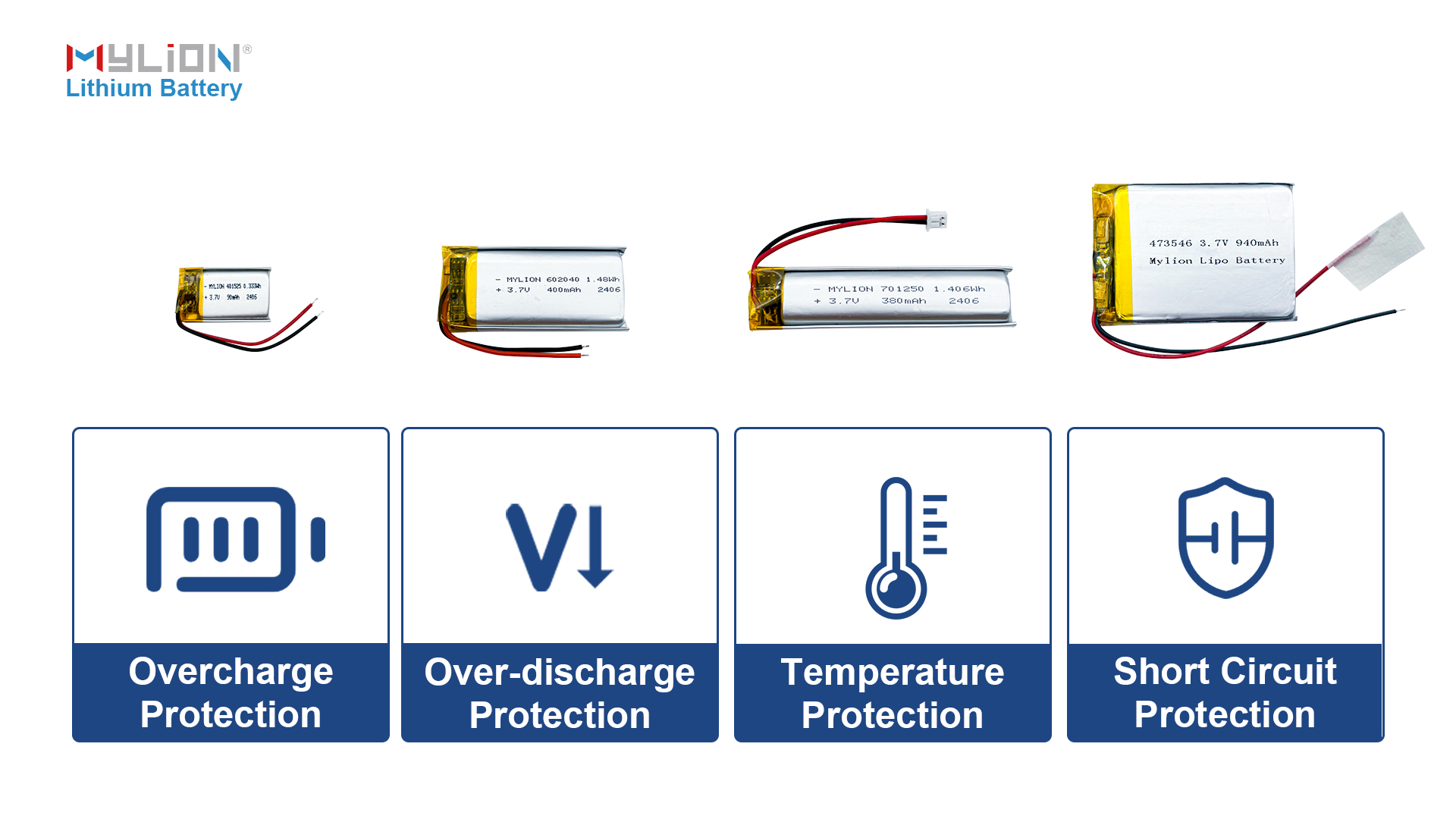
Potential Challenges and Solutions
While lithium batteries offer numerous advantages, they also face some challenges in renewable energy applications.
1.Temperature Sensitivity
The performance of lithium batteries can be affected by extreme temperatures. In cold environments, battery efficiency can decrease, while overheating can lead to performance degradation. To mitigate this issue, modern lithium battery storage systems are equipped with thermal management solutions, including insulation materials, cooling fans, and heating elements.
2.Cost Considerations
The initial cost of lithium batteries is higher than that of lead-acid batteries. However, over time, their long service life, high efficiency, and lower maintenance costs make them a more economical choice.
3.Battery Management System (BMS) Requirements
For optimal performance, lithium batteries must be integrated with a battery management system (BMS) that monitors charge levels, prevents overcharging or over-discharging, and enhances overall battery safety.
Improving system efficiency and stability with lithium batteries
By integrating lithium batteries into renewable energy systems, efficiency and stability can be significantly improved in the following ways:
1.Grid independence and energy security
Homes and businesses with lithium battery storage can operate independently of the grid during power outages. This energy security is particularly beneficial for remote areas or areas with unreliable power supply.
2.Peak load management
Lithium batteries enable peak load shaving, storing excess energy during low-demand periods and using it during high-demand periods. This reduces stress on the grid and helps reduce energy costs.
3.Hybrid energy solutions
By combining lithium batteries with solar and wind energy, a hybrid renewable energy system can be created. This ensures continuous energy availability even when one energy source is not generating electricity.
Future Potential of Lithium Batteries in Renewable Energy
As battery technology advances, the role of lithium batteries in renewable energy storage is expected to grow. Some promising developments include:
1.Improving Battery Chemistry
Research is underway to improve the energy density, safety, and lifespan of lithium batteries, making them a more efficient storage solution.
2.Recycling and Sustainability Initiatives
Efforts are underway to improve battery recycling processes and reduce the environmental impact of lithium battery disposal.
3.Smart Energy Management Systems
Future renewable energy systems will combine artificial intelligence (AI) and the Internet of Things (IoT) with lithium battery storage to optimize energy consumption and maximize efficiency.
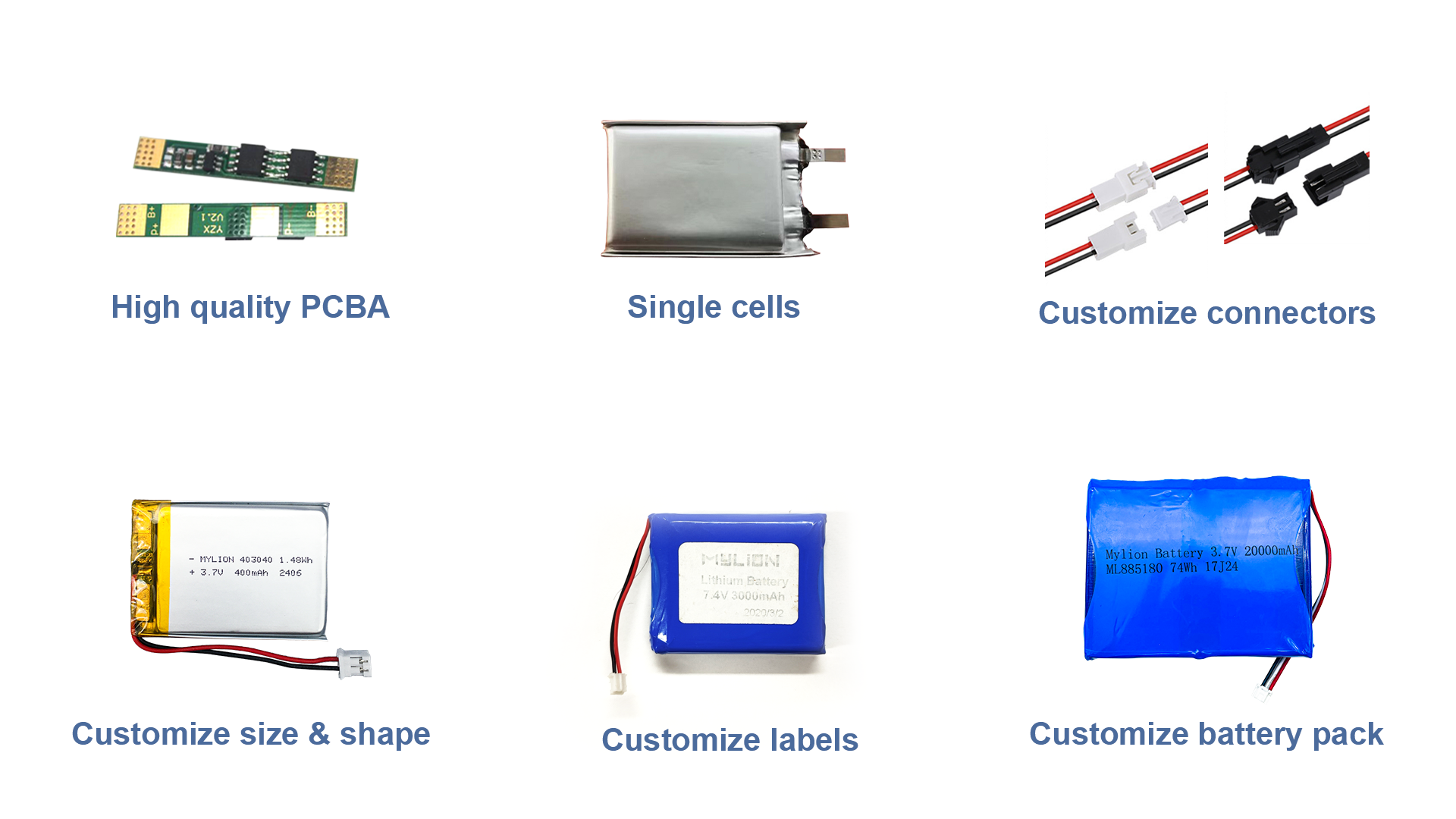
Conclusion
As the demand for renewable energy solutions increases, lithium batteries have proven to be a key player in the energy storage space. Their high energy density, fast charging, long life, and stable voltage output make them ideal for solar and wind energy systems. By addressing challenges such as temperature sensitivity and cost, lithium batteries will continue to drive innovation in the renewable energy sector.
As battery technology and energy management continue to advance, lithium batteries will play a greater role in ensuring efficient, stable, and sustainable energy solutions for the future. Whether it is residential, commercial, or industrial applications, its contribution to renewable energy storage is undeniable.
